Many people feel they don’t need travel insurance, but as two people that have been hospitalized on four continents, we truly believe in having a travel insurance policy suited to our needs in case of a travel emergency.
If you think about it, travel is expensive.
When you put thousands of dollars into a trip why would you take a risk of losing all that hard earned money if an emergency happens? It’s a small price to pay for peace of mind.
Table of Contents
Choosing Travel Insurance – Things to Consider
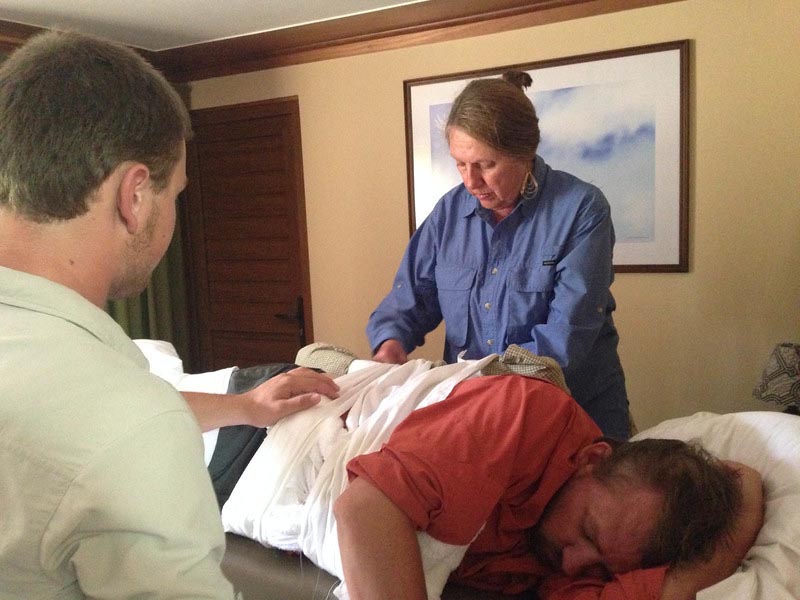
When Dave broke his back in the Amazon, we were the only people on the ship with travel insurance.
Everyone looked shocked and scared for us while we waited for the float plane to come and rescue Dave.
It took four hours for it to arrive because of a circling storm overhead, so while the nurse tended to Dave, she sent me out of the room.
Everyone was very kind and concerned about our situation.
Someone finally asked if we had medical insurance and when I said yes, they all replied, “We don’t have it and I don’t know what we would do if the same thing happened to us that happened to Dave.”
When Dave broke his back, I wasn’t worried about costs or how he would be taken care of.
Because I had travel insurance (with another insurance company at the time) the only thing I had to worry about was if he was going to be okay.
Without the added stress of worrying about cost and money, I could focus on getting Dave the best help he could get.
Travel Insurance Provides Peace of Mind
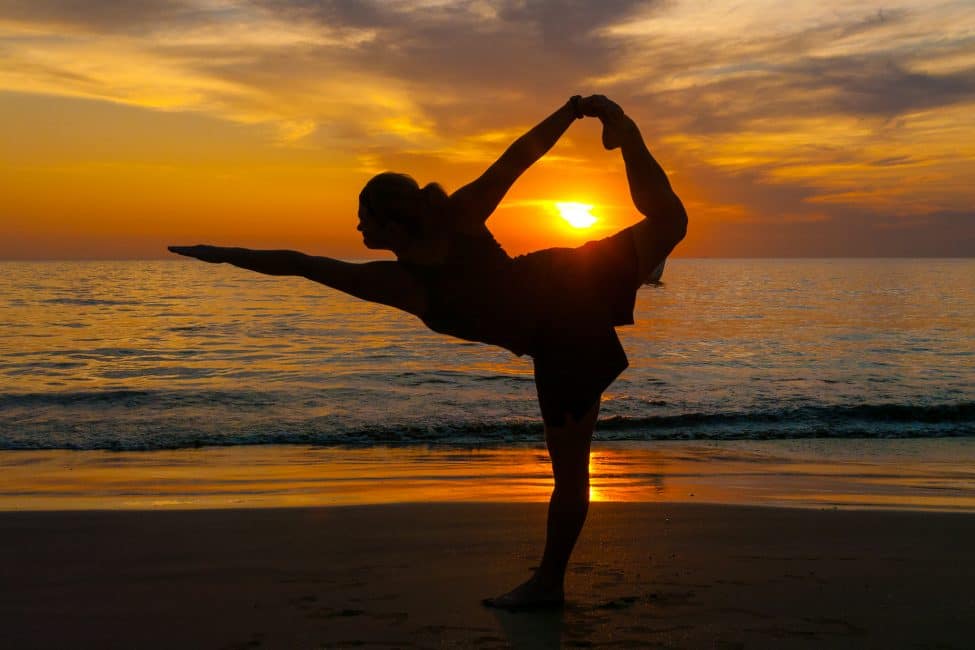
With travel medical emergency coverage, I didn’t have to worry about the price of a hospital stay, medical evacuation or even the hotel bill for me if I had needed to get a room nearby.
But there are many other potential aspects of travel insurance that make it valuable to us.
Travel insurance may help us with many things like:
- If our trip is interrupted and we have to leave early.
- If we need to delay our trip
- We need emergency dental work during our trip
- We become sick or injured during our trip
- Our luggage is lost or stolen
- We need to cancel our trip unexpectedly.
What We Think About When Considering Travel Insurance

One of the most confusing parts of choosing travel insurance is deciding which plan to choose.
A lot of policies are full of legal speak and not always clear for the average traveler. Some things are covered and some are not and until we go over it with our licensed advisor, we never really know what we are getting.
We diligently check out all the fine print, to have a clear idea of what is covered right off the bat.
8 Questions We Ask Before Buying Travel Insurance
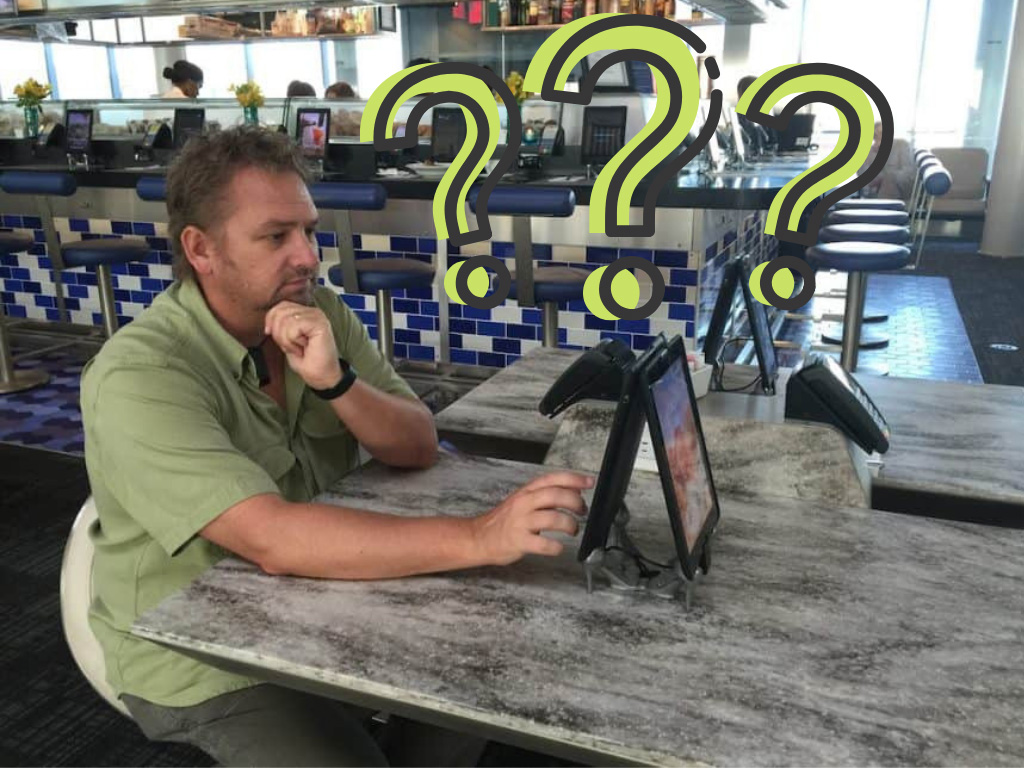
1. Who are we insuring?
Dave and I choose to be insured together on one policy, which ended up being more cost effective than two single insurance plans.
But if our parents or others were joining us, we could include several people on one policy.
2. How many times are we traveling this year?
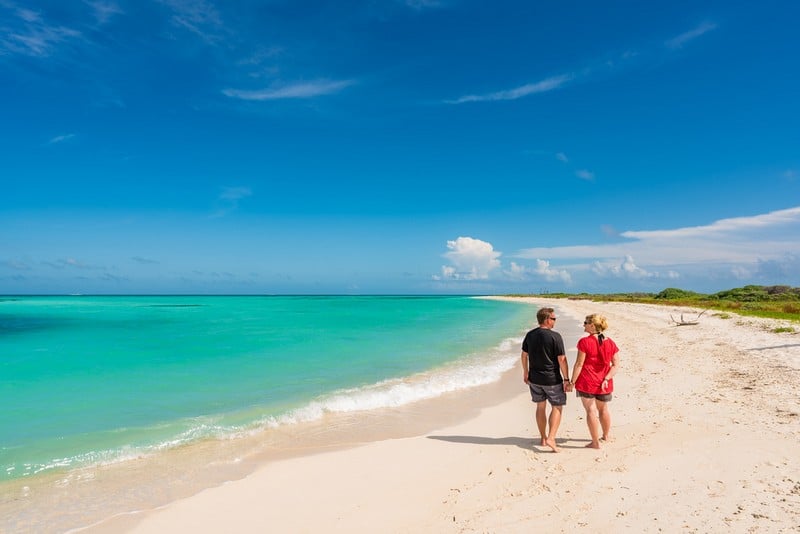
If we were to only take one trip per year we’d consider a medical travel insurance plan on an individual trip basis.
But, we take several trips per year so an annual medical plan makes more sense for us. It saves us some cash and is more convenient than having to get separate plans for each trip.
Even if we only took two trips in a year, it could be more cost-effective to opt for the annual insurance. But we would double check and compare to make sure that is the case.
3. Where are we going?
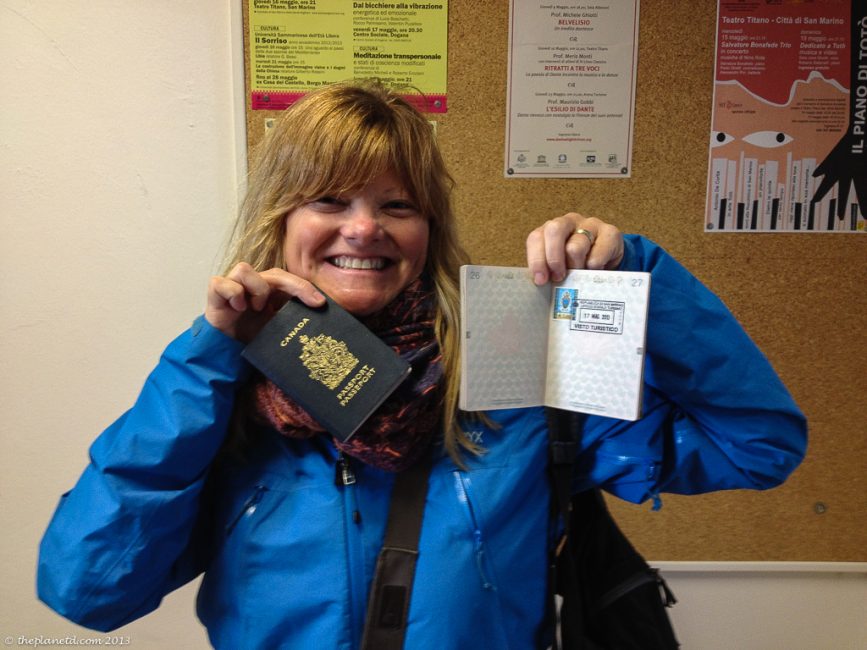
Personally, whenever we cross borders we always have medical insurance but sometimes cancellation insurance might not be needed because we haven’t spent any money in advance.
If we are driving to Florida, we may just book hotels as we go and don’t have any pre-booked tours, so if an emergency happened, we wouldn’t have anything to cancel.
On the other hand, if we have purchased tickets to Europe and paid for flights and accommodation in advance, we’d purchase cancellation insurance because of the upfront costs we’ve already spent on travel.
If something were to happen and we couldn’t take the trip for a covered reason (it can’t just be any reason!), we’d be able to put in a claim to re-coup a portion of the pre-paid, non-refundable trip costs.
4. What time of year are we traveling?
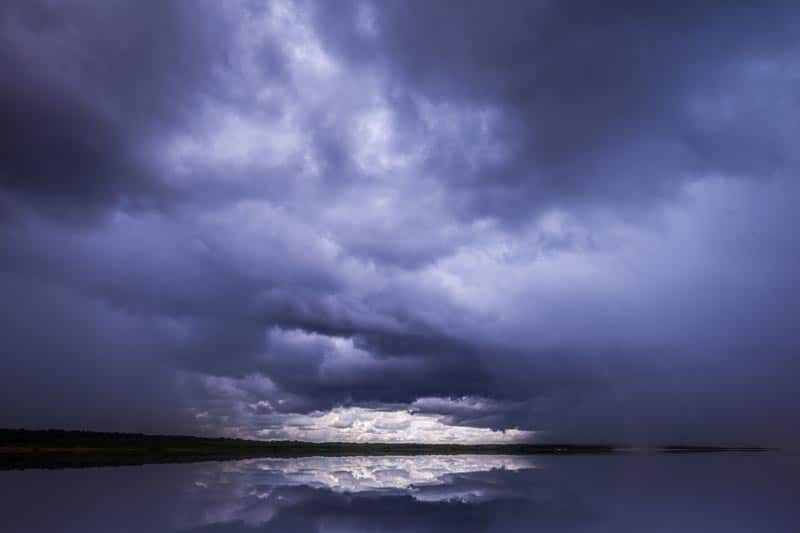
If we are traveling to the Caribbean near or during hurricane season we always check to make sure our travel insurance policy covers us for this. Typically, once there is a “named” storm – in other words a known storm that will cover or hit the destination, any claims arising from the same would be excluded.
If we’re already at the destination and there is indeed a hurricane on the way, and we need to fly home early (essentially our trip is interrupted), trip cancellation insurance with interruption benefits may come in handy again.
We are never afraid to call to ask our insurance provider what is covered before we purchase our flights or vacation package.
If we aren’t covered, we then weigh the financial and medical risks of being stranded against how badly we want to go to the destination and how great of a deal we’re getting by flying during low season.
5. Will we be doing any extreme activities?
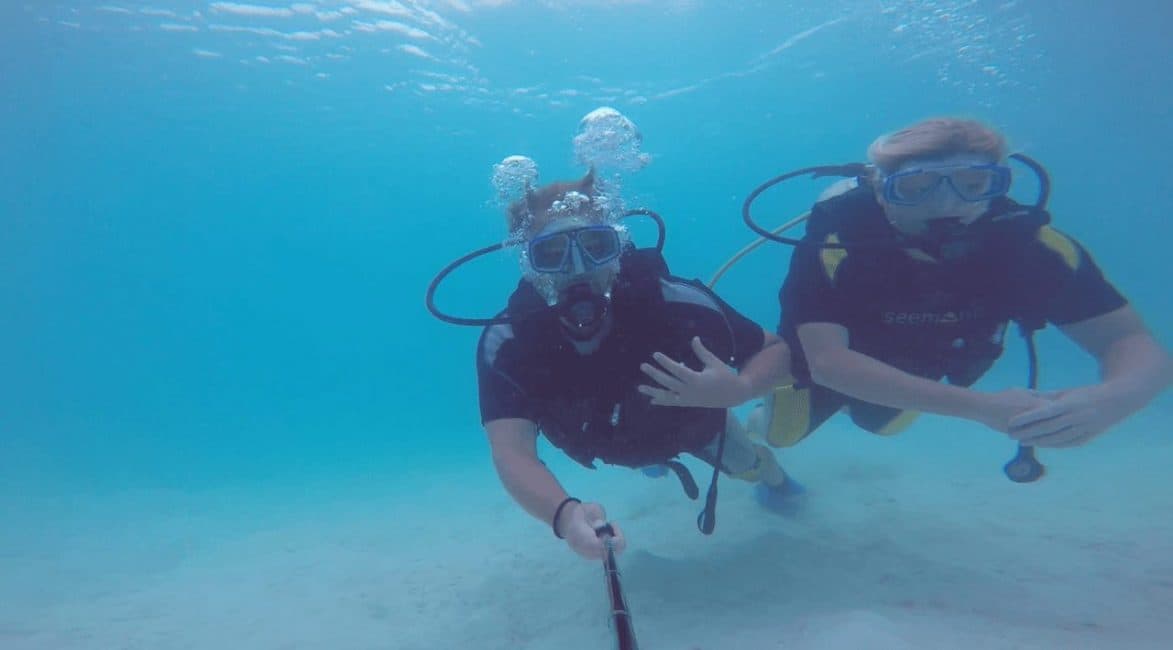
According to most travel insurance providers we have consulted, injury or costs incurred doing high-risk activities are not covered.
When we were avid scuba divers, we had separate dive insurance to cover us should we have an accident underwater.
This was a separate policy that covered special diving-related emergencies like needing to go into the hyperbaric chamber.
If we are planning on skydiving, bungee jumping or rock climbing, we know that if something happens we won’t be covered.
When in doubt, we just call a licensed insurance agent to ask before we travel and see what our options are should we want extra coverage for extreme activities.
6. What are we already covered for?
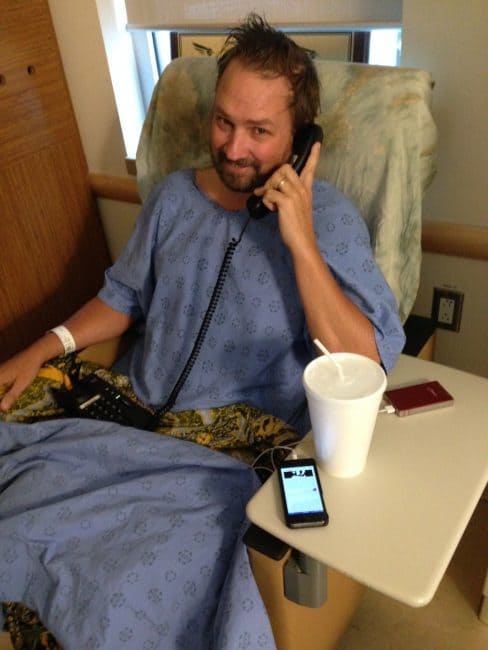
It was interesting looking into our provincial medical plan to see what we are covered for. Provincial health care plans never cover medical evacuation and only cover 5-8% of medical costs incurred outside of the province or territory of residence. That’s not very much.
A lot of people have coverage at work. When we worked in the film industry our film union offered travel insurance with our medical plan. But it still wasn’t enough for what we did. It only covered two weeks outside the country and we often travelled for six weeks at a time. So we always checked the fine print before we flew.
But now that we are self-employed, we need to purchase our own travel insurance and medical coverage.
And finally, we check what is offered through our credit card. Not all credit card travel insurance plans are created equal.
When we travel overseas we know our credit card covers some things but not others. We know we automatically get two weeks of coverage, but if we are gone 15 days or more, we could be without coverage. So we know we need something to supplement that.
So, before we started traveling, we called our credit card company to find out exactly what was included and what we needed to supplement.
7. What is our budget?
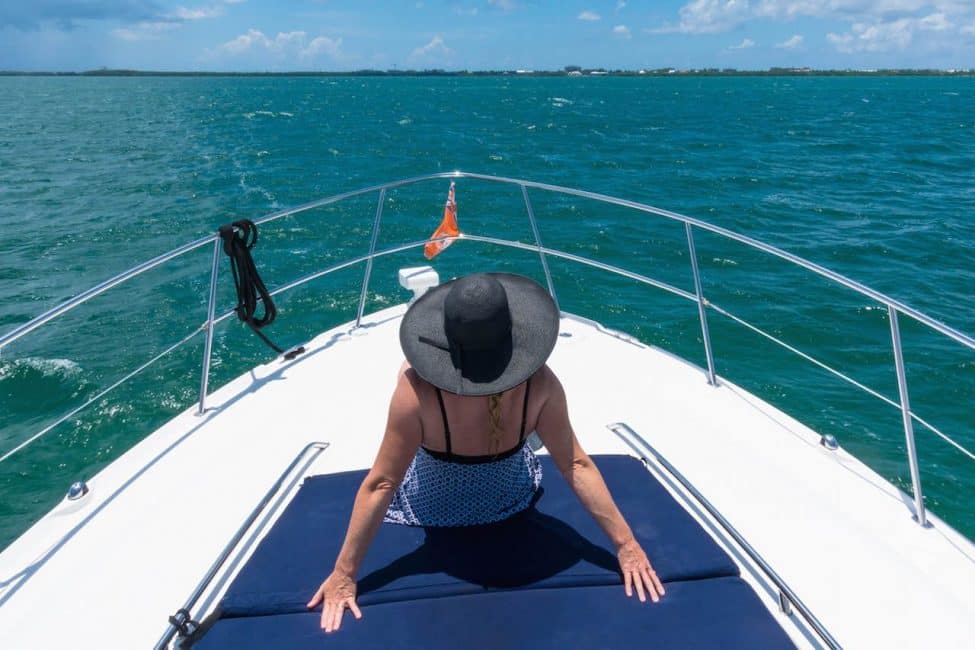
Cancellation insurance usually costs about 8-18% of the total price of a trip. So, if we are going on a very expensive trip, we know we’ll have to pay more for cancellation insurance.
As we get older, we are willing to spend more on our vacations. But, if something happened and we were out thousands of dollars, that would sting. We are happy to pay a couple of hundred bucks for peace of mind.
If a sudden and unforeseen situation came up and we have to cancel, it’s good to know that we may be eligible to be reimbursed for some portion of our pre-paid, non-refundable investment.
8. What About Pre-existing Conditions?
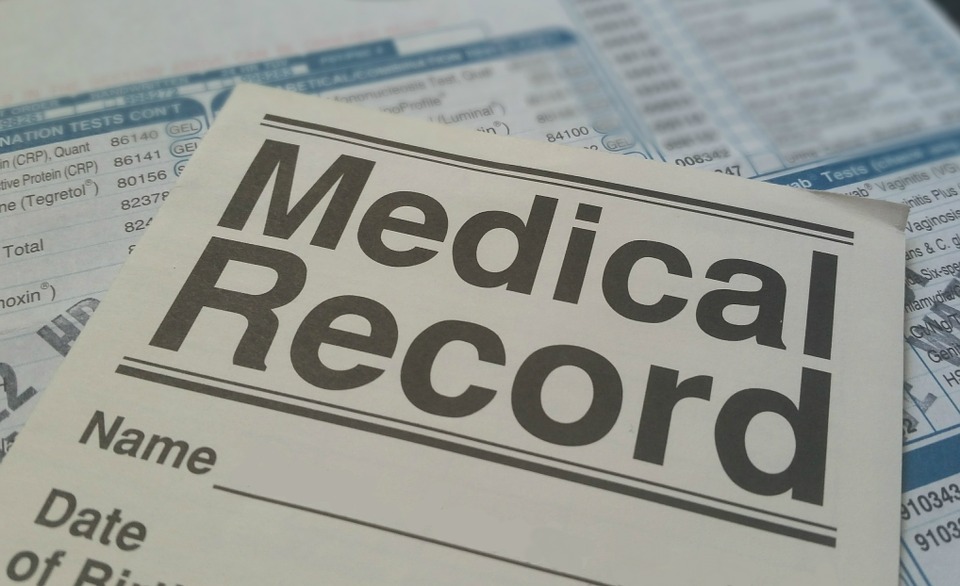
This is a big factor for all travel insurance. And one that we have had experience with before.
Last year my dad had surgery and he had to wait one year before he could travel with insurance. They needed to make sure his condition was stable and that there had been no new symptoms or treatments.
After that year was up, his insurance company confirm his eligibility for travel insurance and he’s been out of the country regularly since.
Since that happened to my dad, I’ve thought about what could happen in the future.
I have a friend who survived a serious illness and she told me the same thing. She had to verify her eligibility before she could get travel insurance.
Both my dad and she were honest with their insurance companies and when the timing was right, they received full coverage again.
In our opinion, it is better to tell the insurance company everything and let them inform us if we can get insurance or not, rather than finding out that we are not covered once the emergency has happened.
- The government of Canada recommends your travel insurance includes health, life, and disability coverage.
- They also suggest if you are flying, you will want to consider flight cancellation, trip interruption, lost luggage, and document replacement.
The more informed we are, the better the insurance we can choose.
When you think about it, travel insurance really isn’t as complicated as you think.
If you do what we do, it’s quite easy actually. Why? Because we just ask.
Have you purchased travel insurance for your vacation? Have you had an emergency happen during your travels? We’d love to hear your experiences too in the comments below.


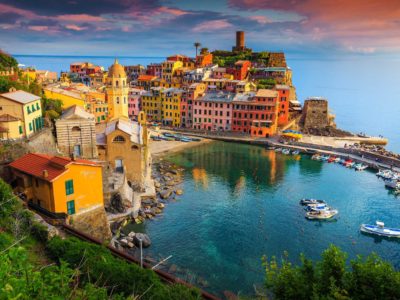
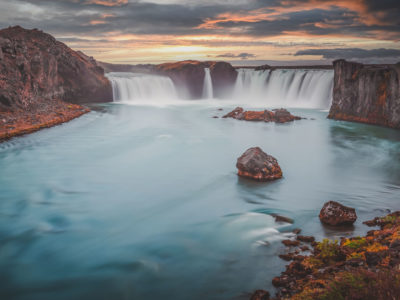
So some travel companies will buy travel insurance for you if you book the tours/ services from them but I agree with you that it is just a cheap one, a local one, and it does not cover many aspects. Even their travel insurance is just valid in the day tour (Single day insurance) so it would be wise to buy all-inclusive travel insurance before traveling. It is a little expensive but when something happens to you you will see how valuable it is!
Thank you for sharing this Mr/Mrs. Dave and Deb.
Choosing the right type of insurance can be confusing but it’s also an important decision.
This is definitely helpful and provides detail information on choosing the right insurance.
Thank you for sharing! its best advice for me.
Definitely so important and your story from the Amazon provides a reminder of just how important this is. Thank you for sharing!
It’s hard to find budget friendly options for nomads. Myself I keep changing the companies and I cannot recommend any of them, still looking for the right one.
Agreed about the nomad insurance Anita, after much research I found a company called SafetyWing that’s specifically catered for nomads! The price is fantastic and it is based on a subscription which makes it easy to use. Check them out for yourself!
Travel insurance is good, but how much do you pay for it if you don’t mind me asking? 🙂
I never travel without insurance.